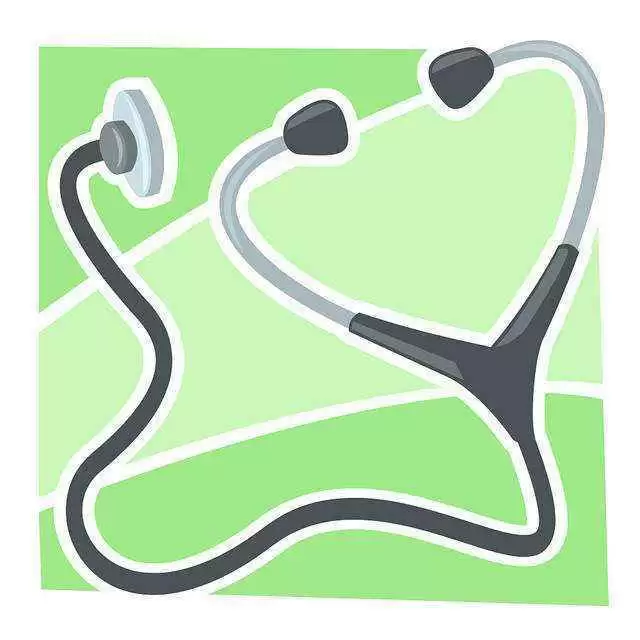
Celiac.com 07/22/2020 - Currently, the only effective treatment for celiac disease is a permanent gluten-free diet. Many commercial gluten-free foods are low in fiber, and high in fat, salt, sugar. Many health professionals question the nutritional adequacy of a gluten-free diet. To date, there has been no large case-control study regarding the nutritional adequacy of the gluten-free diet on children with celiac disease. To try to better understand the nutritional value of a gluten-free diet, a team of researcher set out to assess nutritional status, dietary intake, and adherence to a gluten-free diet in children with celiac disease.
The research team included Elena Lionetti, Niki Antonucci, Michele Marinelli, Beatrice Bartolomei, Elisa Franceschini, Simona Gatti, Giulia Naspi Catassi, Anil K. Verma, Chiara Monachesi, and Carlo Catassi. They are variously affiliated with the Department of Pediatrics at Marche Polytechnic University in Ancona, Italy; and the Division of Pediatric Gastroenterology and Nutrition and Center for Celiac Research at Mass General Hospital for Children in Boston, MA, USA.
Celiac.com Sponsor (A12):
The study included children diagnosed with celiac disease following a gluten-free diet for two or more years. The team matched control subjects for age and gender against healthy, non-celiac children, and enrolled 120 children with celiac disease, and 100 healthy non-celiac children. For each subject, the team recorded physical measurements and energy usage. Dietary assessment was performed by a 3-day food diary.
The team used the KIDMED index to assess adherence to the Mediterranean diet. They found no differences between celiac children and control subjects in either physical measurements or energy expenditure.
Overall, kids with celiac disease ate much more fat and much less fiber than the control group. Children with celiac disease showed a median KIDMED index of 6.5, while healthy non-celiac control kids showed a median of 6.8.
The results of this study show that, compared with healthy control subjects, kids with celiac disease are eating a diet that is nutritionally less balanced, higher in fat, and lower in fiber. Because of this, children with celiac disease may benefit from dietary counseling to help steer them toward a more nutritious gluten-free diet.
However, it's fair to say that both groups in this study were far from a Mediterranean diet, and both could stand to see some improvement. That said, kids with celiac disease have even further to go to achieve a more nutritious diet. Here are some tips on how to get more nutrition in your gluten-free diet.
How to Get Better Nutrition on a Gluten-Free Diet
Eat more natural, whole foods
The list of natural, whole gluten-free foods is too long to delineate here, but it includes all fresh fruits and vegetables, along with numerous nutritious foods like peas, beans and oats.
Eat more high fiber foods
There are plenty of high fiber foods that are naturally gluten free, including beans, peas, and more. Here's list a of thirty great gluten-free high fiber foods.
Read product labels
Many commercial gluten-free foods are low in fiber, and high in fat, sugar and salt.
Read more at Nutrients. 2020 Jan; 12(1): 143









Recommended Comments
There are no comments to display.
Create an account or sign in to comment
You need to be a member in order to leave a comment
Create an account
Sign up for a new account in our community. It's easy!
Register a new accountSign in
Already have an account? Sign in here.
Sign In Now